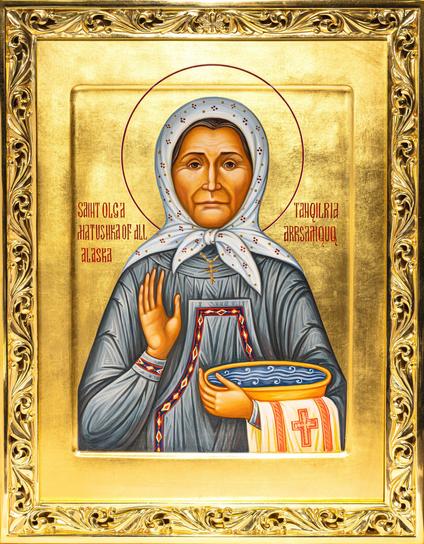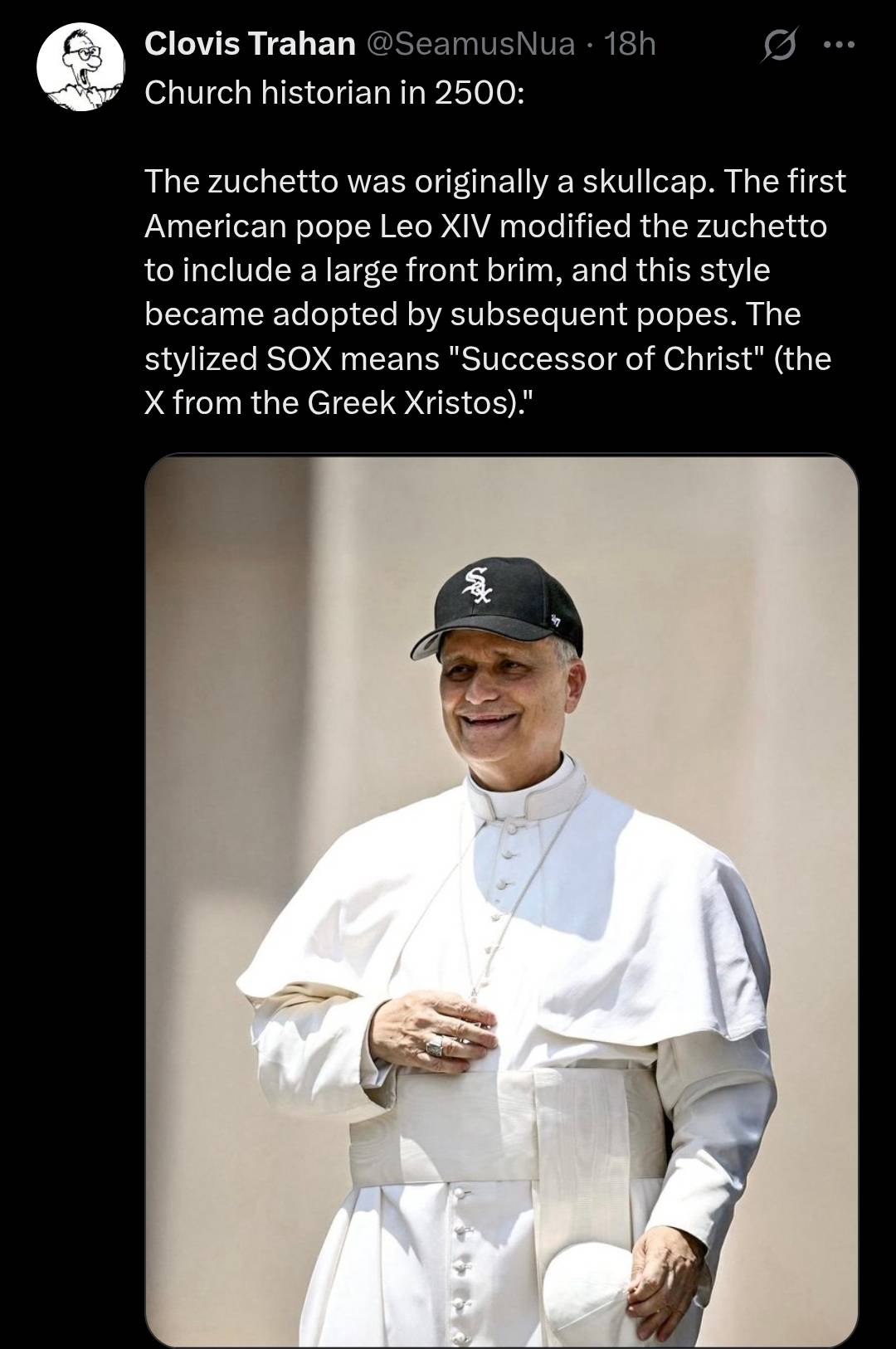Copied from Fr. John Cox via Facebook:
One of the main points of theology I grew up with was that the modern nation of Israel had a special and distinct place in God’s saving work right down to the present day and that the recreation of the state 1948 was the fulfillment of biblical prophecy. This idea is part of a theological package called Dispensationalism, which was developed in England during the 18th-19th centuries. One of the consequences of this theology is the belief that Christians have a particularly moral and theological duty to protect, defend, and promote the nation of Israel at all costs. Senator Ted Cruz gave an interview just the other day in which he expressed this very belief. Dispensationalism, particularly the belief that the modern state of Israel exists as a fulfillment of biblical prophecy and must be defended by Christians because the scriptures command it, is not something we Orthodox Christians believe. But even if we did, the same scriptures we would use to justify such a position are full of condemnations against the nation of Israel for all manner of wickedness. Israel, in the Old Testament, is not given a pass because they are special to God. Instead they are held to a higher standard of conduct. All this to say that, if you are an Orthodox Christian, your social and political views about the nation of Israel and its conflicts with its neighbors should be based on basic Christian morality and not on colonial era English Protestant theology.



